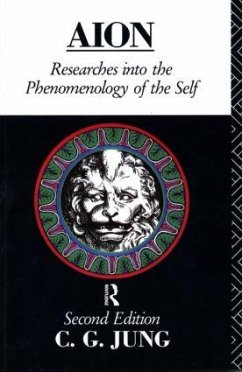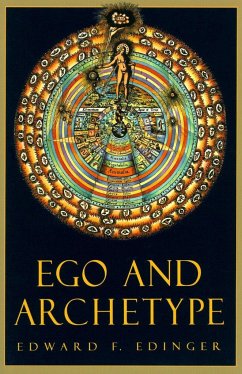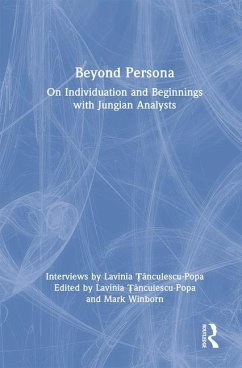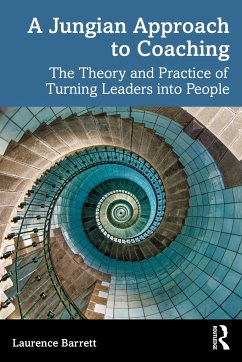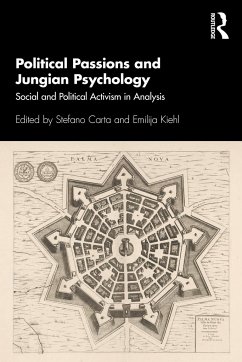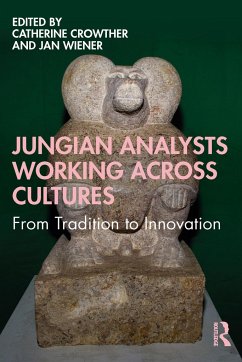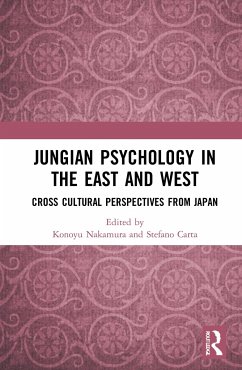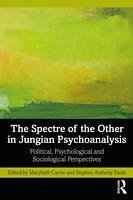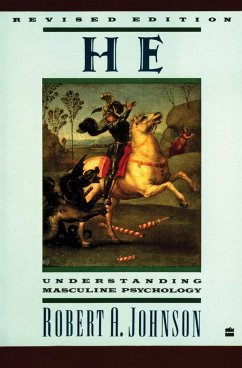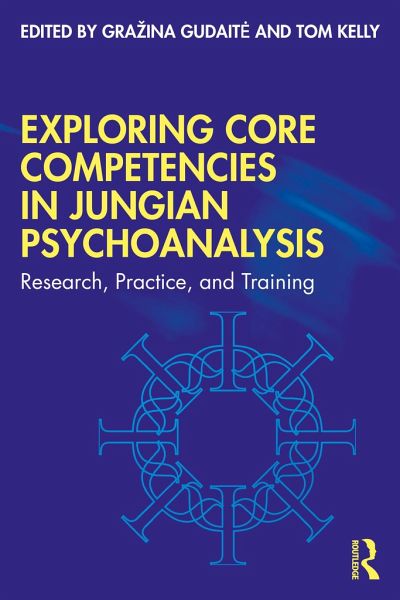
Exploring Core Competencies in Jungian Psychoanalysis
Research, Practice, and Training
Herausgegeben: Gudait_, Grazina; Kelly, Tom
Versandkostenfrei!
Versandfertig in 6-10 Tagen
36,99 €
inkl. MwSt.

PAYBACK Punkte
18 °P sammeln!
Presented in five parts, this comprehensive collection offers an in-depth understanding of the core competencies in Jungian psychoanalysis.It is aligned with the main task of analytical training and practice-that of integrating the unconscious aspects of experience and developing a living relationship with it-and defines a set of key resources and skills for recognizing the emergence of the unconscious and its multiple manifestations, while offering ways to relate to it that fit individual clients and encourage growth and healing.Featuring contributions from renowned Jungian analysts from acro...
Presented in five parts, this comprehensive collection offers an in-depth understanding of the core competencies in Jungian psychoanalysis.
It is aligned with the main task of analytical training and practice-that of integrating the unconscious aspects of experience and developing a living relationship with it-and defines a set of key resources and skills for recognizing the emergence of the unconscious and its multiple manifestations, while offering ways to relate to it that fit individual clients and encourage growth and healing.
Featuring contributions from renowned Jungian analysts from across the globe, the book sheds light on how Jungians integrate common therapeutic methods in their practices and how they utilize others that are unique to their personal experiences, making the book an essential read for Jungian professionals, trainees, and students.
It is aligned with the main task of analytical training and practice-that of integrating the unconscious aspects of experience and developing a living relationship with it-and defines a set of key resources and skills for recognizing the emergence of the unconscious and its multiple manifestations, while offering ways to relate to it that fit individual clients and encourage growth and healing.
Featuring contributions from renowned Jungian analysts from across the globe, the book sheds light on how Jungians integrate common therapeutic methods in their practices and how they utilize others that are unique to their personal experiences, making the book an essential read for Jungian professionals, trainees, and students.





